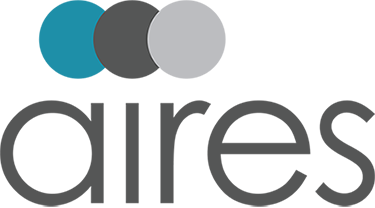With the unprecedented economic downturn, many of us are facing unknown situations with our work dynamics, the stress of watching friends and family deemed essential report for daily work duties, and the financial strain faced by many. Commonly, people are turning to their budgets to determine areas of cost savings during the COVID-19 pandemic. While we have not captured all possible options, we have researched some of the most common areas and actions to take below. This blog post is not meant to contain personal financial or legal advice and should not be used in the place of actual financial or legal advisory services. We recommend discussing with a professional before making impactful financial decisions.
CONTACT YOUR AUTO INSURANCE COMPANY
Auto insurance is a critical piece of our daily lives. While it may be tempting to cancel, many sites do not recommend that measure. According to policygenius.com, some insurance companies are offering paybacks on a percentage of monthly premiums, flat rate refunds for policyholders, temporary pay extensions, decreased rates, and holds on terminations due to nonpayment. Check your email for notifications from your auto insurance company or reach out to them directly to research your options.
CONTACT YOUR MORTGAGE LENDER
There are many relief options for borrowers to consider when dealing with financial hardship that could impact future mortgage payments. As a benefit to the Coronavirus Aid, Relief, and Economic Security (CARES) Act, federally backed mortgages may be eligible for a moratorium on foreclosure and a period of forbearance (i.e., pausing or reducing your payments for a limited time). Contact your lender for options and information. If your loan is not federally backed, you should still contact your lender to see if there are options to consider during this time. We recommend visiting this resource page from consumerfinance.gov for an in-depth look at options depending on your mortgage lender and type.
CONTACT YOUR STUDENT LOAN PROVIDER
Time Magazine estimates that 44 million Americans have some kind of student loan to repay every month. With backing from the CARES Act, many federal loan lenders are putting borrowers in a no-consequence period of forbearance until September 2020. If you’re like me, you have already received communication on this. If you haven’t, reach out to your lender. Many are experiencing high call volumes and offer email or chat features to help as well. Similar to mortgage companies, this may not apply to privately held loans. Contact your private lender to see if you are eligible for relief options.
CLOSING THOUGHTS
Needing help or creative solutions right now is not something to be ashamed of. We all need some extra help from time to time. If you or a loved one are experiencing needs other than those listed in this article, we recommend the site findhelp.org. This site allows you to search by zip code and find resources for food, housing, goods, transit, health, finances, money, dependent care, education, work, and legal assistance. Likewise, if you are in a position to help your community, find ways to do that.
In the wise words of Mr. Rogers, “All of us, at some time or other, need help. Whether we’re giving or receiving help, each one of us has something valuable to bring to this world. That’s one of the things that connects us as neighbors—in our own way, each one of us is a giver and a receiver.”


